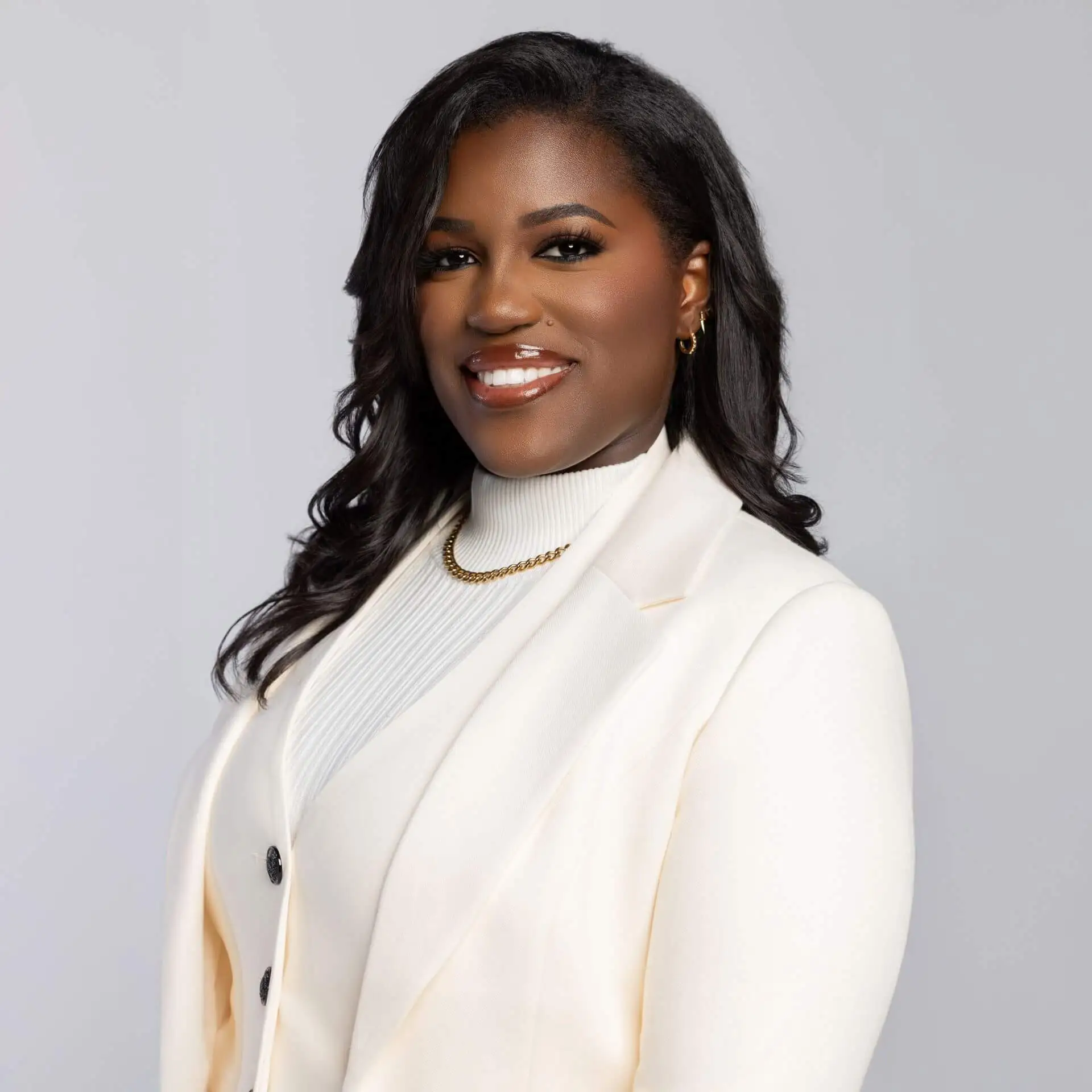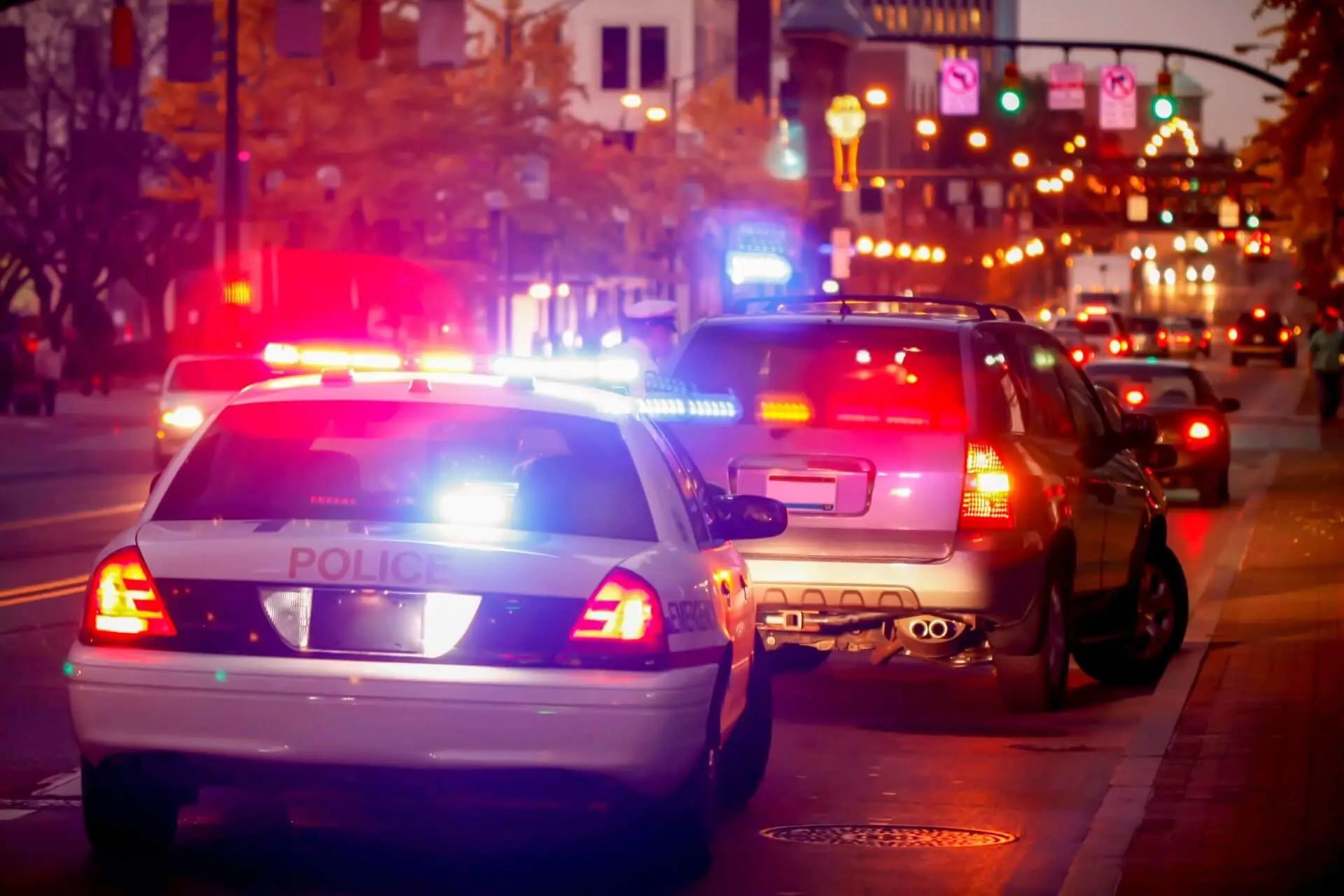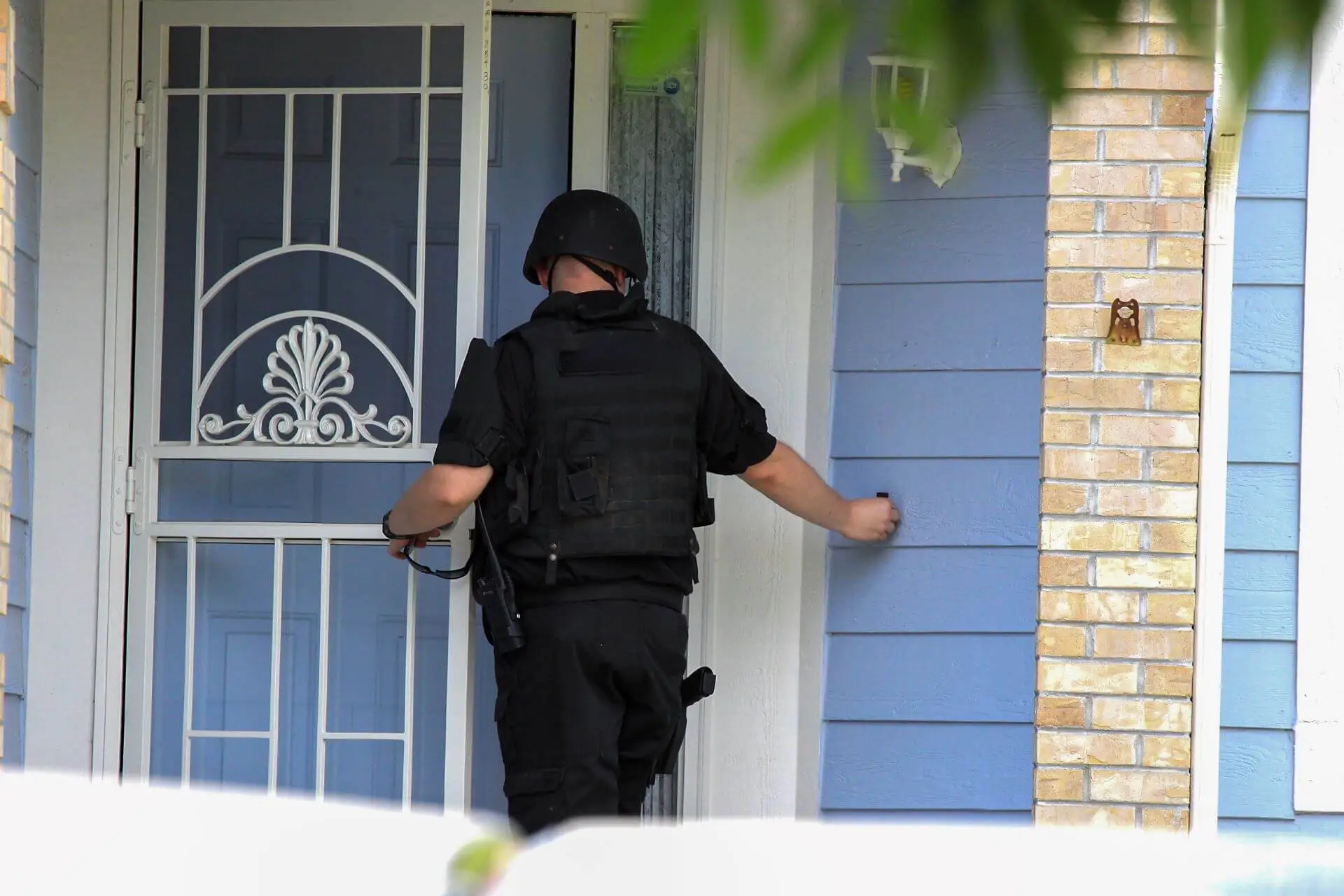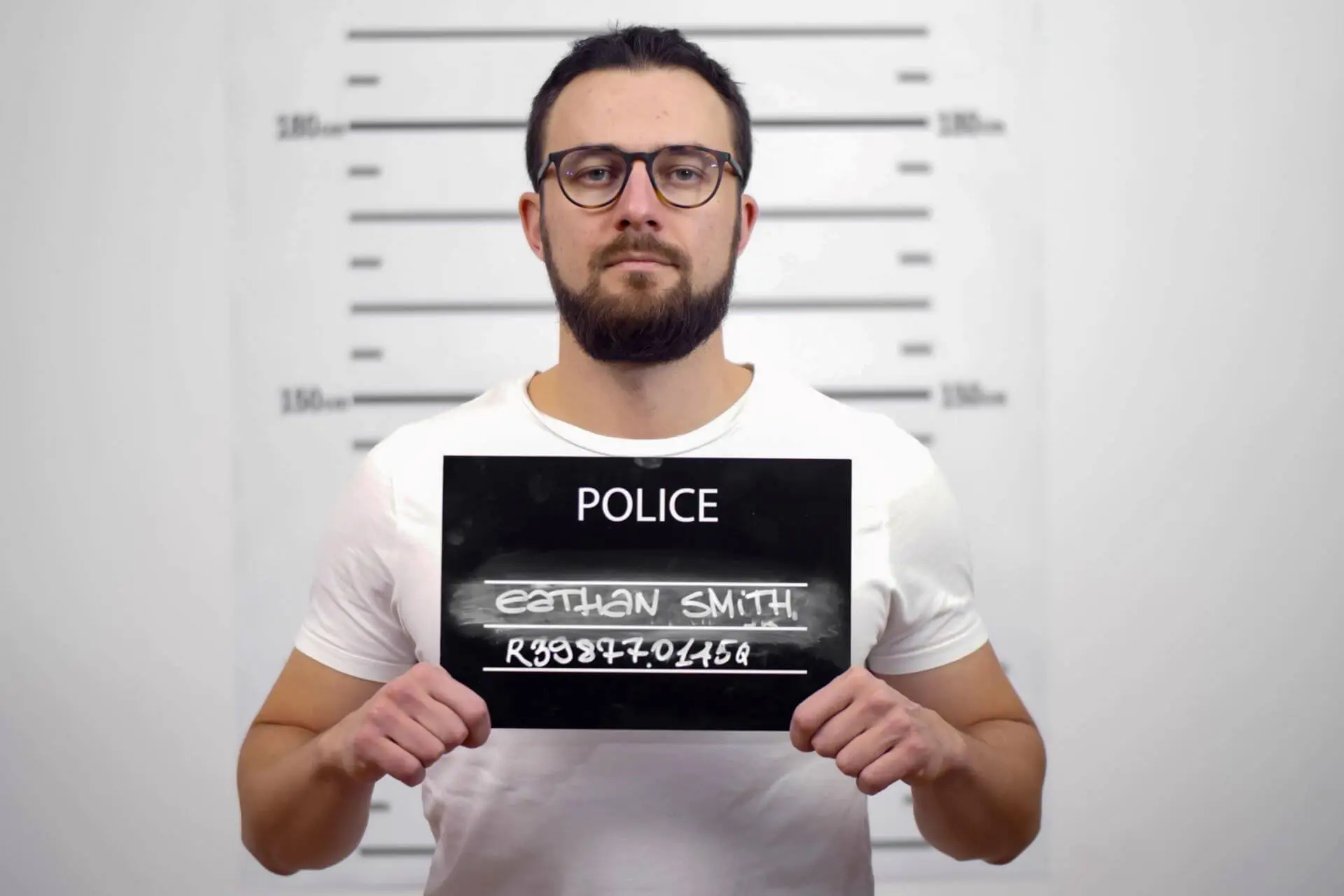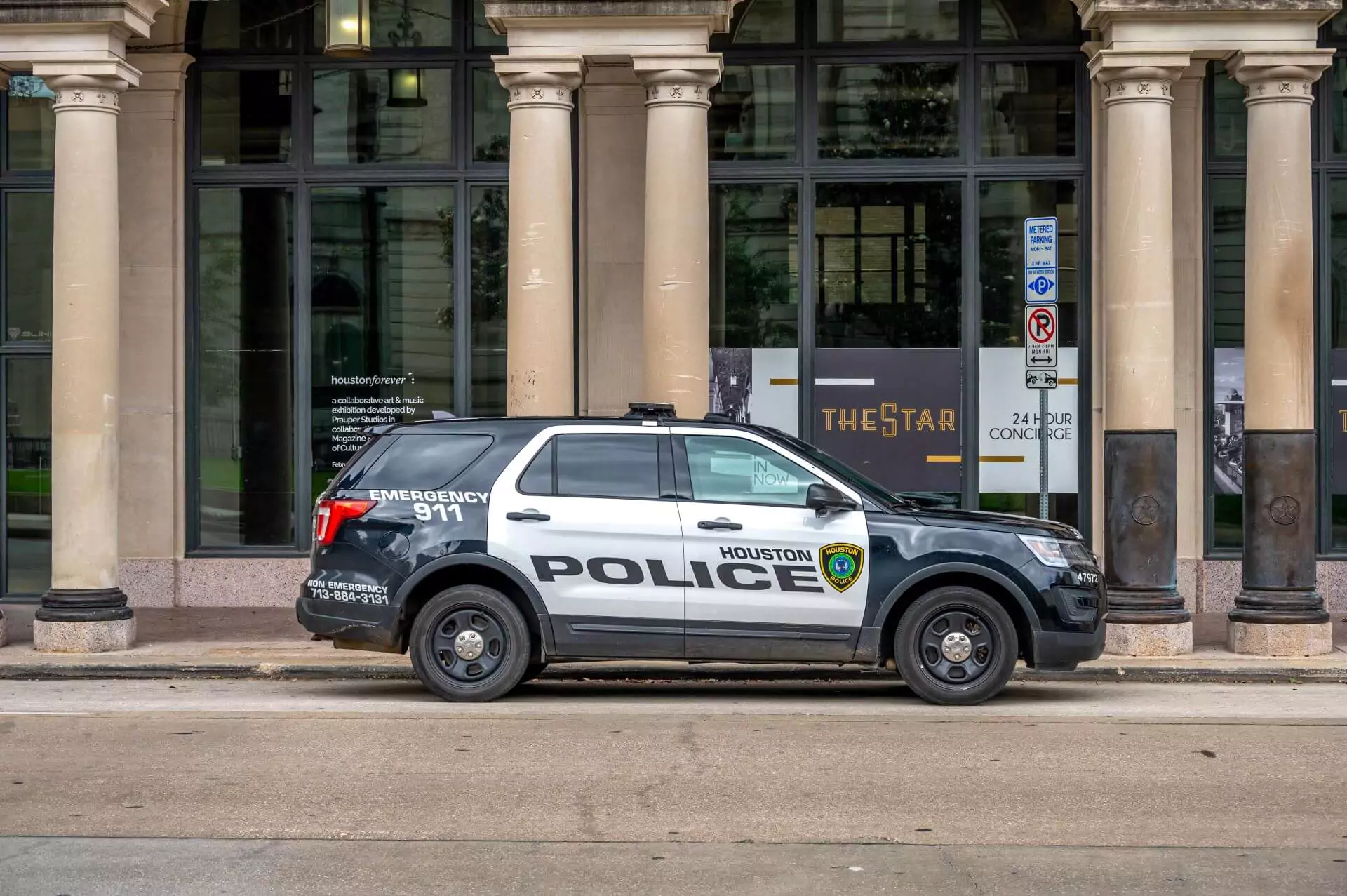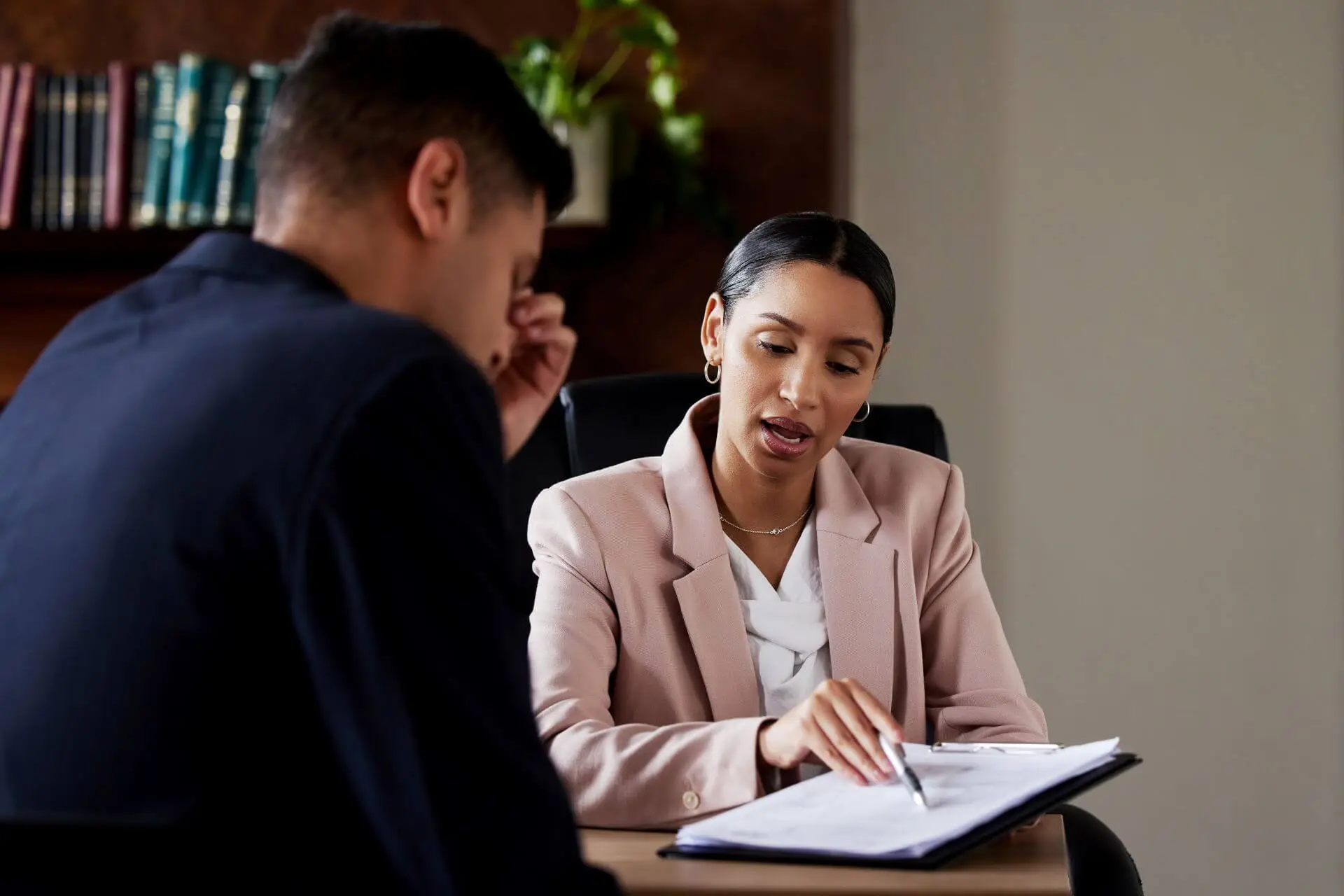Any encounter with police officers can be stressful, and that’s certainly true of traffic stops. A stop can escalate quickly, especially if police suspect you may have drugs in your vehicle.
But you should know this: You have a degree of control over the situation. If you are pulled over, what you choose to say and do can make a difference in how the traffic stop plays out. Every traffic stop is a potential investigation that could lead to a search of your property. Police have a playbook. Do you have one?
Police only need reasonable suspicion to stop a vehicle.
This is a low standard under the law. Essentially, it means that an officer has sufficient evidence to suspect that you have committed a traffic violation or engaged in a criminal activity.
In terms of a person driving a car, reasonable suspicion might be:
- weaving across lanes
- excessive speeding or driving too slowly
- running stop signs or red lights
- a turn without signaling
- broken or missing taillights
Police will absolutely use a traffic violation as a pretext to search your vehicle.
If an officer wants to search your car for drugs, they may use what’s called a “pretext stop.” In a pretext stop, an officer will pull you over for a minor traffic violation, such as swerving, and then use the encounter as an opportunity to find a reason to search your vehicle.
Pretext stops are legal under the Fourth Amendment as long as an actual traffic violation has occurred. If there isn’t a legitimate violation, the prosecution will have a problem.
Once they’ve stopped you, the police still need probable cause to perform a search.
Keep in mind that just because you’ve been pulled over, that doesn’t mean police have the right to search your vehicle.
Probable cause is a higher legal standard than reasonable suspicion. It requires enough evidence for an officer to believe, not merely suspect, that a crime is taking place.
During a traffic stop, probable cause may arise if the officer detects the odor of marijuana or observes contraband in plain view. In these and similar situations, an officer has the right to search your car.
Probable cause isn’t a black-and-white issue, so don’t assume you know the answer.
It’s not based on one single factor; rather, probable cause is about the totality of circumstances. Your lawyer can argue that evidence obtained during a vehicle search isn't admissible because the officer didn’t have probable cause.
Never agree to a search of your vehicle.
One of the biggest mistakes people make during a stop is agreeing to a search. Once you consent, anything the officer finds is legally admissible.
If an officer asks for your consent to search, say no.
That question is a strong sign that police don’t have probable cause.
Remain calm and polite while making a clear statement, such as, “I do not consent to a search.”
Keep items out of plain view.
According to the Plain View Doctrine, police can seize illegal items in your car without a warrant if they can be seen from “plain view.”
Don’t give them the opportunity. Keep your car free of anything questionable, even if it’s an item like rolling papers that aren’t illegal on their own.
And never volunteer information.
When you’re pulled over and an officer requests them, you’re required to provide
- your license,
- registration, and
- proof of insurance.
That’s it.
Beyond those three items, you don’t have to provide the police with anything else or answer any questions about where you’re going or what’s in your car.
Don’t answer “Do you know why I stopped you?”
This question is a common tactic used by officers to initiate a conversation, and it’s best not to answer. Once you’ve given the police the required documents (license, registration, insurance), you should stay silent.
The only time you should speak is to declare your right to stay silent and ask to talk to your lawyer.
Don’t argue or escalate the situation. The time to fight is in court.
Traffic stops can spiral out of control. Your number one priority should be to stay safe.
There’s no point in getting into an argument with an officer, and don’t do anything that they may perceive as a threat. If you're arrested, then that's that. Ask to speak to a lawyer.
If you’re facing a drug charge after a traffic stop, call Gold Legal.
At Gold Legal, PLLC, we know the tactics police use during traffic stops and how to challenge them in court.
If you are in the Dallas-Fort Worth area and have been charged after a traffic stop, contact us as soon as possible. We will evaluate your options and build a defense to secure the best possible outcome.
— Kandi Gilder, Attorney at Law

